
By Yomi SOWER
“Ma’am what would you like to order?” The handsomely-attired waiter asked as he handed me the menu. I received it and glanced up to see a sparkling set of dentition and his beaming smile while he waited for my order from the wine section.
I glanced across the table to my date as if to allow him make a choice for us both; but he returned my gaze with a mischievous smile and wink, while he told me to help myself.
You see, it was our first time at this newly-opened restaurant that had branded itself as high-end, fine dining located in one of the opulent suburbs of Accra, Ghana. Our main attraction to the venue that day was their announcement of a ‘Jazz Night’. Sharing a passion for Jazz, my date and I decided to check them out.
The waiter left with our order as I returned my gaze to the food section in the menu. Meanwhile, I wondered when this Jazz Night would commence, as it was already 30 minutes past its scheduled starting. I had not seen any band stand setting, instruments or anyone remotely resembling a musician, so as my eyes wondered around; I would also take in the surrounding decor, aesthetics and ambience which seemed rather basic.
Then as I returned to the menu, studying each item in the seafood section, it would seem the only thing high-end about the venue was the menu…It was really pricey! While contemplating my seafood order, my attention was interrupted by a saxophonist who seemed to appear from no where and had started blowing his horn to a backing track.
A few tracks later, he moved closer to our table, standing where the waiter once stood, and began to “serenade”. I could distinctly identify his performance as something from the repertoire of Bryan Adams (a Canadian pop-rock artiste) same as the saxophonist’s earlier renditions. Was this the “Jazz Night”? I enquired in my head while I looked up at the saxophonist serenading away and gave him a faint smile.
My eyes shifted in the direction of our waiter approaching. I admired how he expertly balanced a wine bottle and two glasses on a tray lifted with one hand, and that was the saxophonist’s cue to move to another table of guests who had recently arrived. It got me wondering that in Accra, a city that promoted more Jazz Nights than one could count, there should be more venues where one could actually listen to real Jazz.
Pondering this in my mind I asked myself: “So where did the Jazz go?” Meanwhile my date, as though reading my thoughts and blank facial expression, to make the best of our Jazz Night, took a sip of his drink and said: “…Ah but the wine tastes lovely…!”
Seriously let’s examine the question from several angles:
- Education/school curriculum
Jazz education is not included in the school curricula, particularly at tertiary level, for students of music. The music education curriculum favours only classical music, which is being taught at tertiary level. While being classically trained is beneficial, students who are exposed to both Classical & Jazz music become more grounded musically and will eventually make the decision of which of the 2 paths to pursue.
In any case, West Africans have stronger historical ties to Jazz than Classical music. Jazz being an offshoot of West African-influenced Polyrhythms, as well as melodic patterns found in the Pentatonic scale.
- Law of demand & supply
Musicians tend to sway in the direction of what their audiences demand. If there is more demand for Western/Afro pop or Highlife, it is what musicians will naturally love to play.
- Not financially rewarding
Tied to the aforementioned reason No. 2, the demand for Jazz or otherwise dictates how much money a Jazz musician can make from it.
- Jazz is hard
Jazz is not for the faint-hearted, whether musician or listening audience. As for the musicians, some are genuinely ignorant. For example, some erroneously believe Saxophone/ Instrumental Pop is Jazz. Others do not understand the complexities of Jazz, which is characteristically mentally-tasking.
Coupled with not having any formal training in Jazz, the little knowledge they have comes from bits of information gathered here and there. To put it into perspective, with the amount of time they would spend learning 1 Jazz piece or Solo, they could easily learn over 50 new pop songs – resulting in them naturally pursuing the less tedious option.
- Preference for popular & danceable music
Africans love to dance, most Jazz isn’t meant for dancing. It is more for listening and relaxation.
- No rewards or recognition systems
There are no Music Award Categories for Jazz, unlike other genres (This may be different in other parts of Africa). When Jazz artiste/musician do not have the incentive of recognition or an awards system for their efforts, it may affect their passion for playing Jazz or pursuing Jazz further. The government, arts boards & corporate bodies should invest finances to reward Jazz music same way it does other genres.
In contrast, was there ever in the US a case of “Where did the Jazz Go?” Let’s find out:
Well, in the 1970s there was an assault on the integrity of Jazz. The Jazz record companies got the idea that if Jazz were mixed with Rock music, which at that time was very popular among the Euro-Americans, it would increase the audience. This was the birth of jazz fusion. Fusion in and of itself is not necessarily negative or positive.
But this fusion was not created by musicians. It was created by those who controlled the music industry. Rock was very much a derivative of Black blues music. It was the popular music of the white people in America. The popular music for black people was very different. It was called Soul music, R&B and disco.

As the majority of the people in the US are of European origin i.e. white, they were the biggest market. This is what made mixing Jazz with rock appealing to the record labels. The result of this push from the record labels was ‘Jazz Fusion’. In the recording studios they began dictating to the Jazz musicians what they must play. They brought out a whole cadre of musicians who played what the labels wanted. To be fair, not all of the fusion music was bad. But for the most part, it was trite and boring. By the early 1980s all you could get on the radio was fusion.
Some of the musicians like Rashied Ali and many others revolted. They refused to comply. They set up performance spaces of their own in lofts in New York and had big audiences. But genuine Jazz was driven underground. That is until Wynton came along. Wynton appeared in New York in the early 1980s. He was playing with Art Blakey. You could only hear about him on aJazz station in Newark New Jersey, WBGO, which at that time had a very weak signal.
But all of theJazz listeners who were disgruntled about the lack of real Jazz on the radio began tuning in to this weak-signal station and they heard young Wynton. When they heard him, he was a sensation. There was a lot of excitement around him even though the media wasn’t pushing him. Soon Columbia Records, a big record company, gave him a contract. When they brought him into the recording studio, he played his music. But they didn’t want that. They wanted fusion. Wynton refused to comply. Wynton would not compromise and he walked away. Columbia didn’t release the music he recorded and put it on the shelf.
But Wynton’s popularity grew because there was great demand for real Jazz. Soon Columbia realised they were losing money. So they released his album and Wynton then got the publicity and recognition he deserved. The record companies saw they could make money so they began promoting a wave of young Jazz musicians playing the real thing. That is how Wynton saved Jazz.
You may recall in my latest interview with Wynton Marsalis, when he responded to my question about his critic of Miles Davis, he exclaimed: “I wasn’t harsh enough…!” Let’s go deeper into his reason for saying this. In the early 1970s in US, in the beginning of the record company push for fusion when many musicians were refusing to comply, Miles Davis betrayed the struggle! Miles Davis was an icon. But he needed money. He was told by the executives at the record company that he could make a lot of money and reach a wider audience if he played fusion. He folded and complied.
According to Cuthbert Simpkins MD., author of Bestseller COLTRANE- A Biography, while responding to the previous week’s Ep.1 (When The Pied Piper of Jazz Came to Town) “…I remember when the news ( of Miles Davis’ sell-out) went like wildfire through the Jazz world by word of mouth… Instead of standing up for what was right, Miles bowed down and said yes Massa. Miles’ capitulation facilitated the advance of the compromised music manufactured by record executives and suppression of genuine musical expression. So, Wynton was right on target…”
Sir, not only was he on target, you echoed Wynton ‘s very own words at his interview with me on 11th October in Accra Ghana after his Concert Afro!, where Wynton said: “…( Miles capitulation) Selling out and being corrupt is what produced …these type of people…It’s what produced Rap music and all the ignorance that it put on the world. Now I see the aftermath of it…and it’s worse than I thought…I should have been harder (on Miles Davis)”.
Also, Cuthbert Simpkins MD. said further: “…I have great admiration for his integrity in spite of all of the distorted criticism against him and for his musicianship. I am grateful to him for his heroic stance that saved Jazz and Black culture.”
That being said Me & My Jazz concur that Wynton Marsalis, indeed, saved Jazz… Do you agree? Are you a musician, Jazz lover, record label, media house, restaurant, entertainment outfit? Send your comments about this article.
>>>Credits: Additional Information on Wynton Marsalis, Miles Davis and the 1970s & 1980s in US was provided by Cuthbert Simpkins., MD, author of Bestseller COLTRANE – A Biography
>>>Me & My Jazz is the weekly musings of Jazz singer & Jazz radio host, Yomi Sower- Her programme Maximum Jazz airs on Saturdays 4-7PM on Ghana’s Guide Radio 91.5FM. She a professional voice coach also offering vocal Jazz tuition @YomiSower – Facebook, Instagram, TikTok, X and E- mail: [email protected]
The post Me & My Jazz (Episode 2): Did Wynton Marsalis save jazz? appeared first on The Business & Financial Times.
Read Full Story
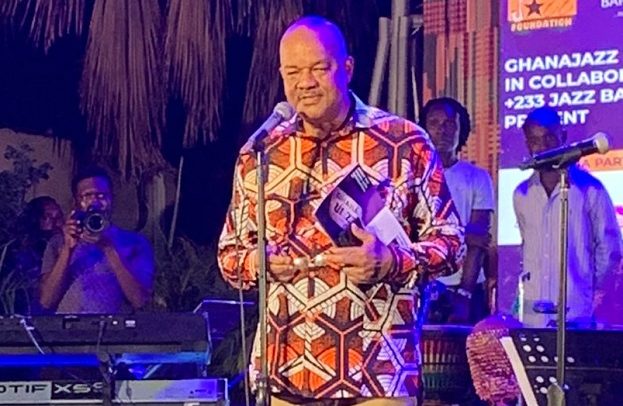
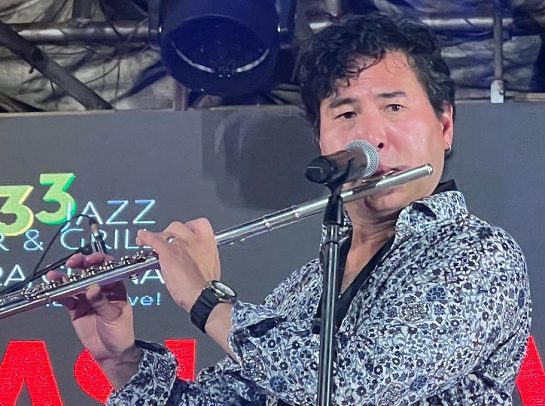
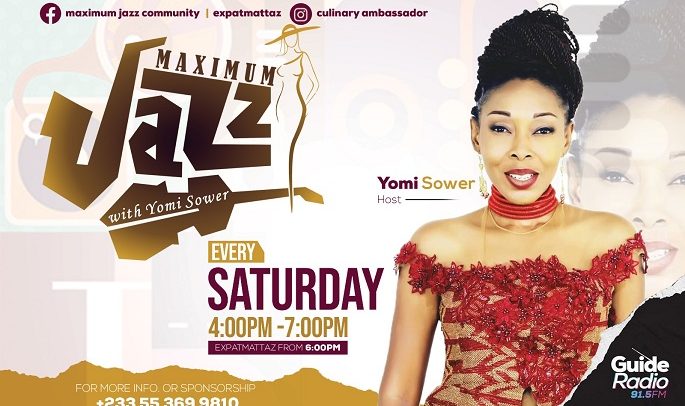



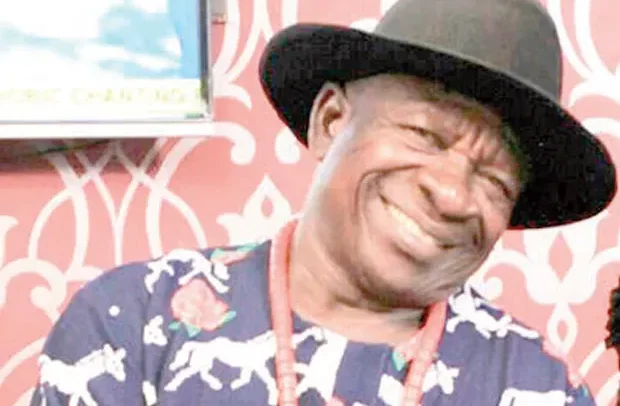

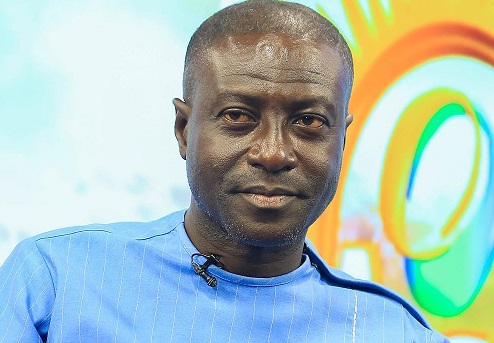


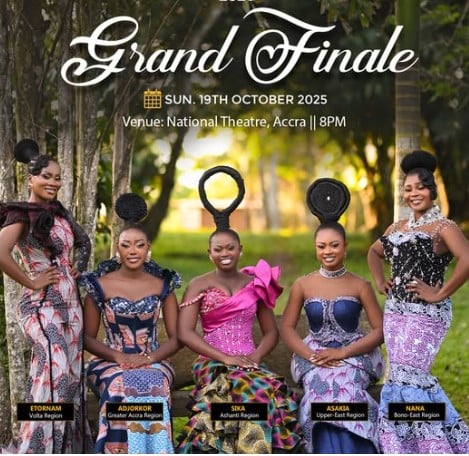





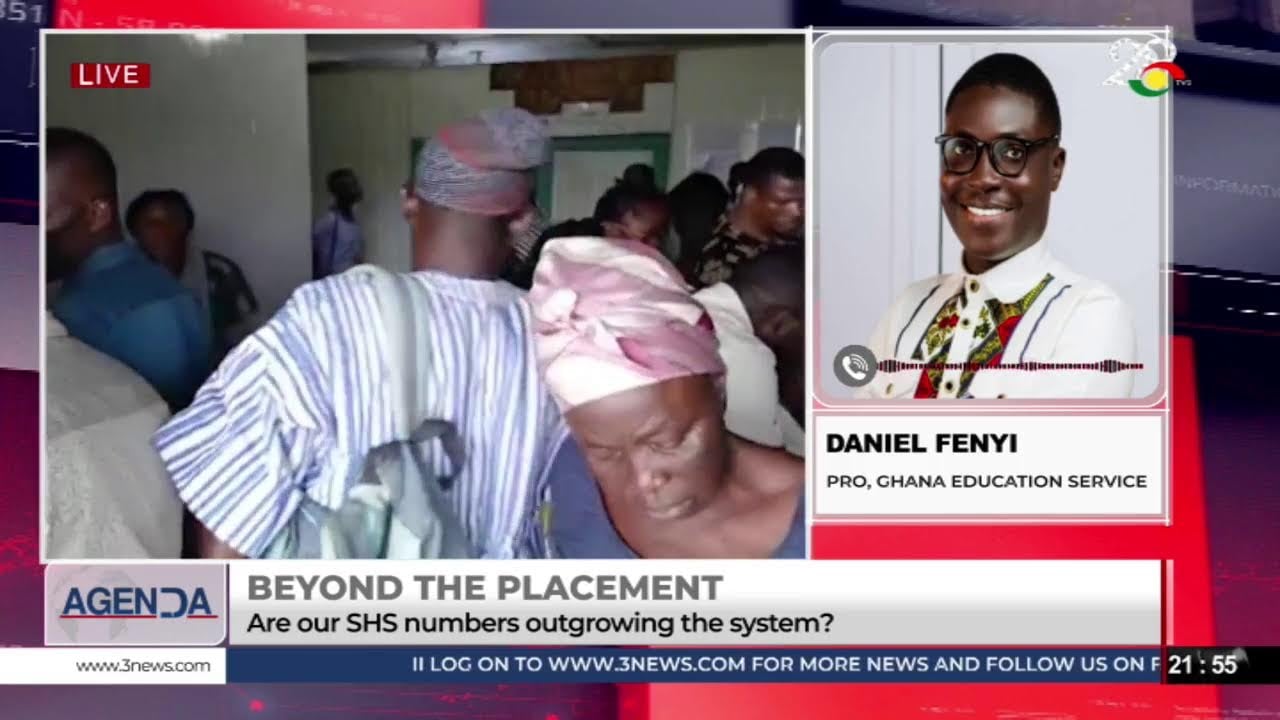





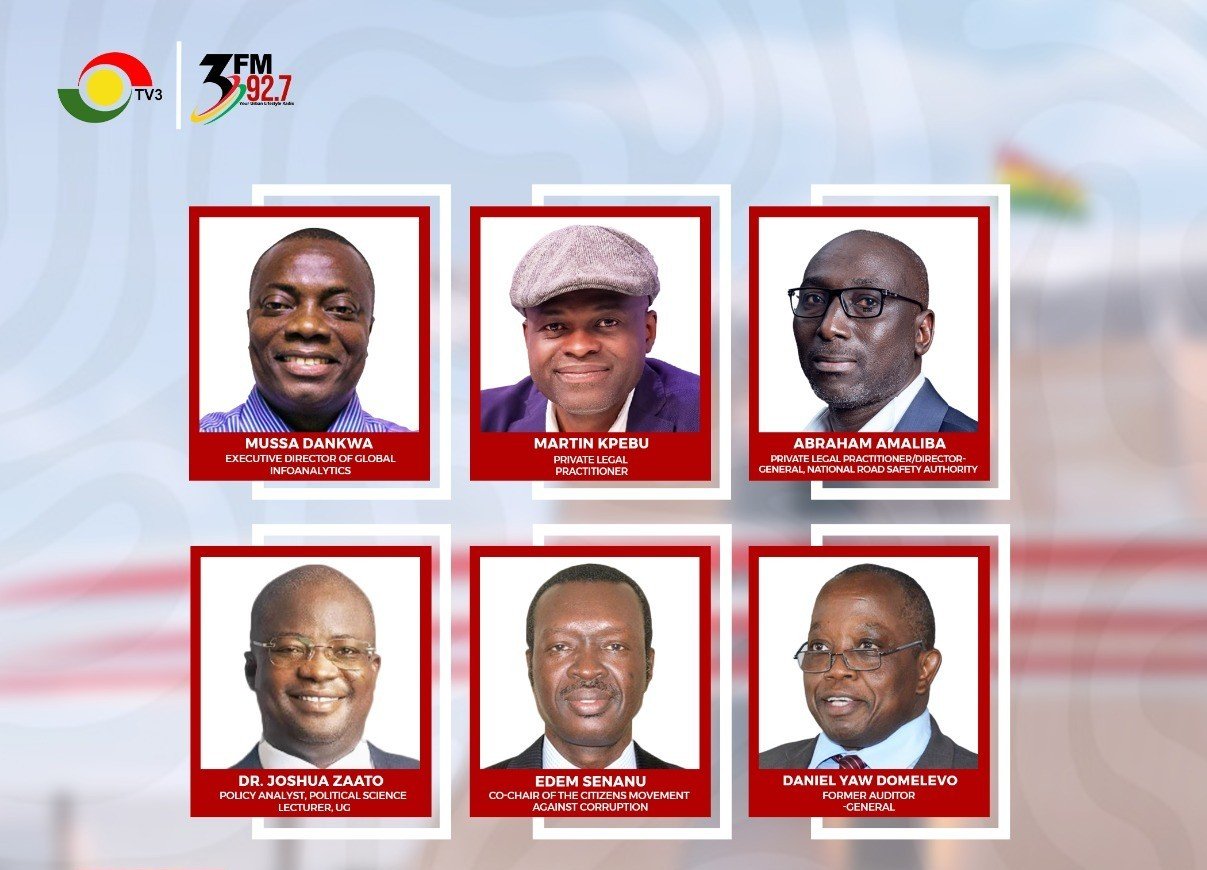






Facebook
Twitter
Pinterest
Instagram
Google+
YouTube
LinkedIn
RSS